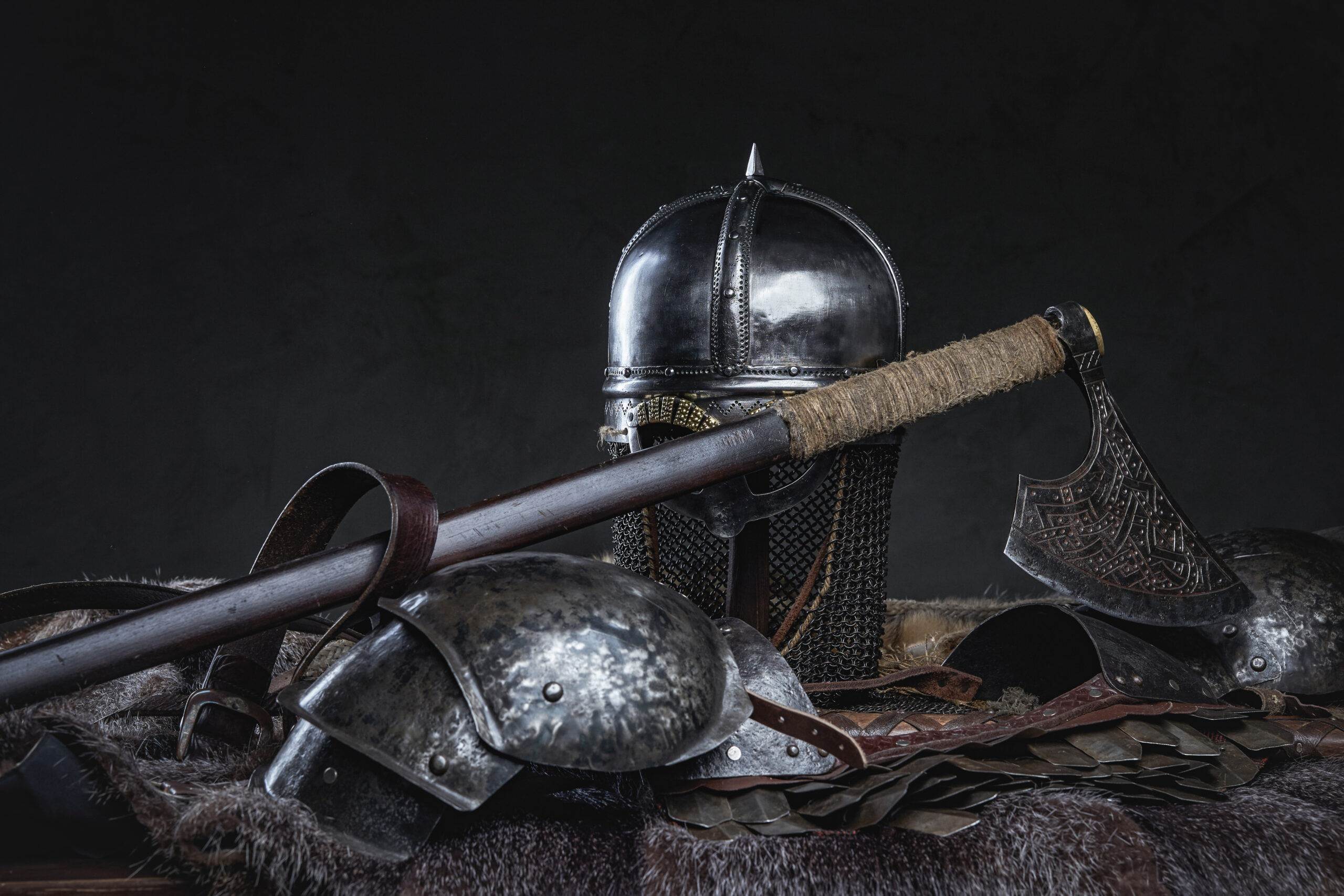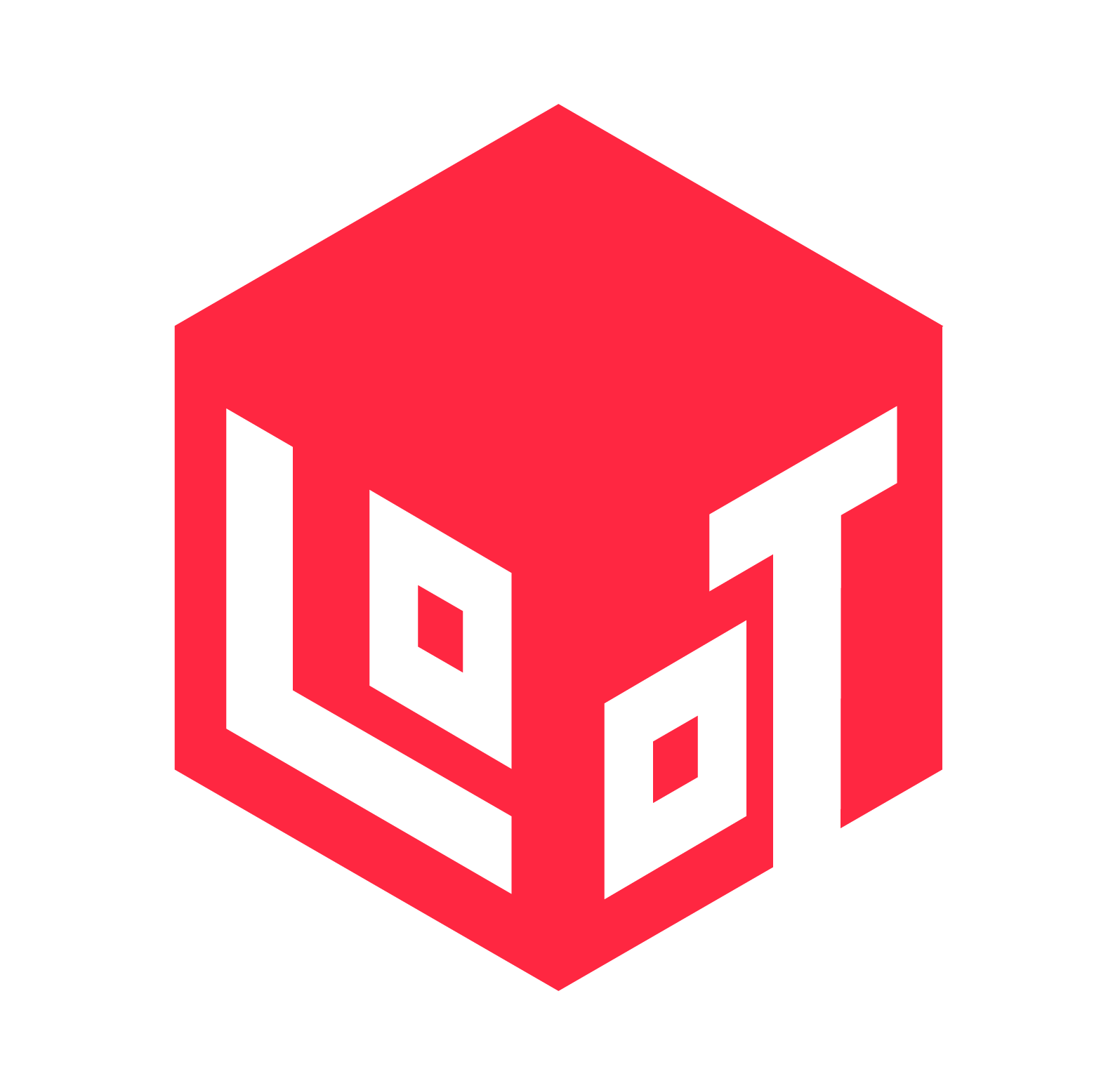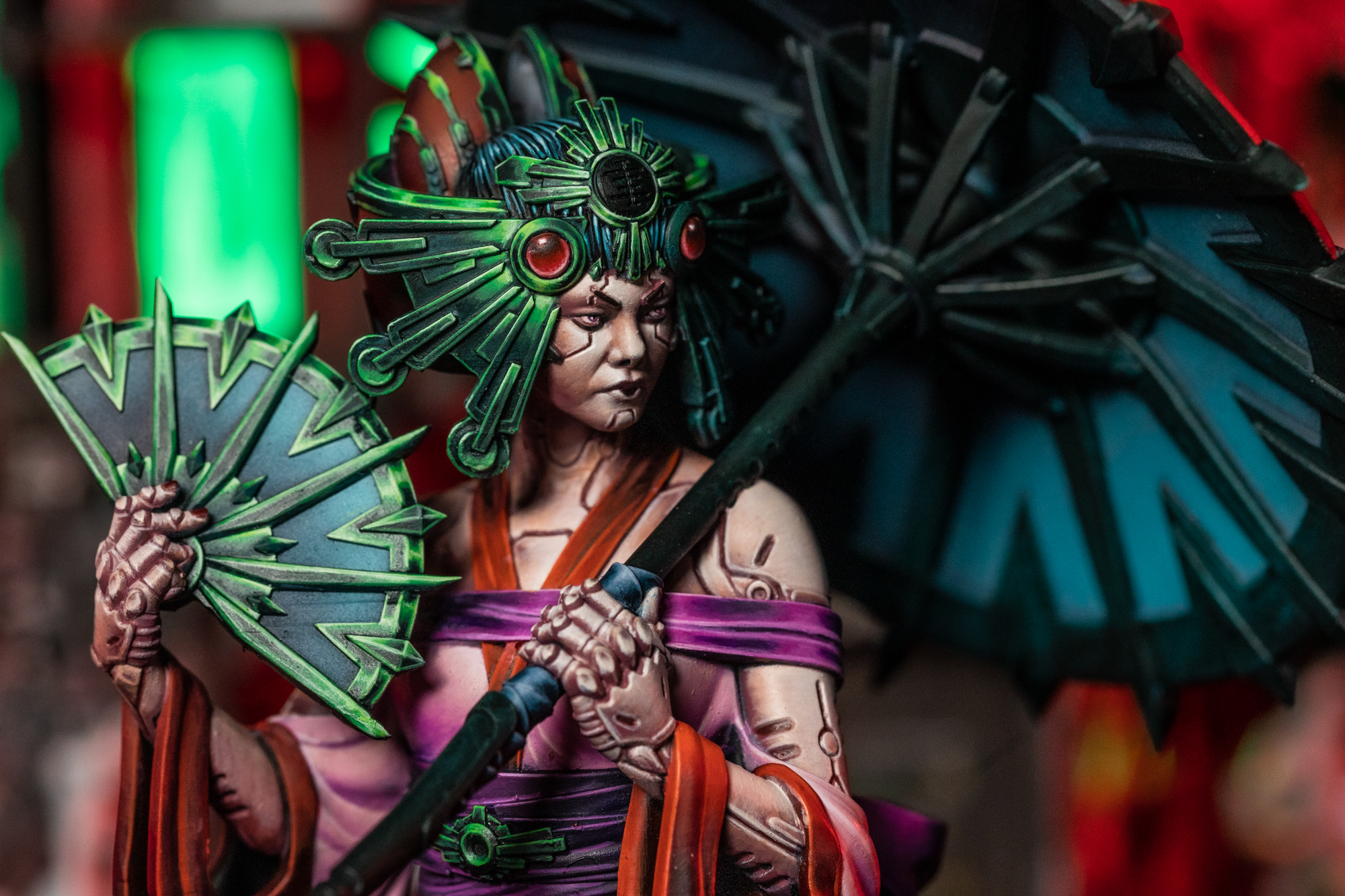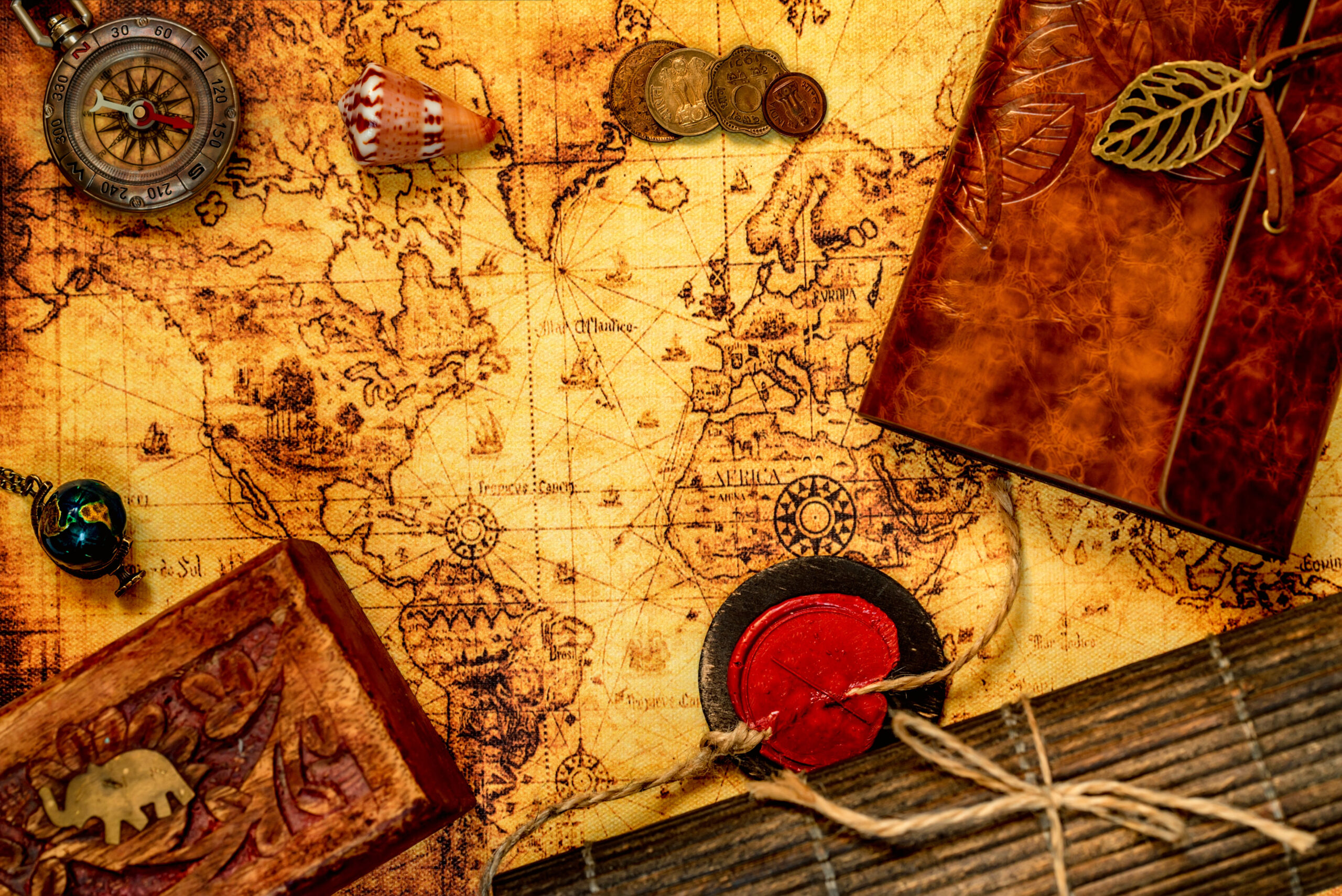RPG: Character Creation for Dummies
Where to Start and How to Create Great Characters

Character creation is one of the most fun parts, if not the whole point, of role playing games. However, the list of planning that goes behind creating an RPG character is not short. We go from deciding who to embody for the adventure, creating mannerisms, choosing powerful skills or silly quirks, deciding the class and species and creating a touching backstory to defining how to develop it throughout the campaign. Sometimes, even choosing a name can prove to be a daunting task, making players consult friends and fantasy generators without thinking twice.
No one said it’s an easy task to create a compelling character and stick to it for the whole journey. It’s even tougher for the Dungeon Master, who has to create ten, twenty or a thousand of them to populate the world, interact with players, and keep track of what’s happening to everyone. But creating loads of characters doesn’t have to be a burden. In fact, there are tools to speed up the process, and basic guidelines to what a character must have to be appealing. This guide is for DMs and players alike, to consult whenever the creative block knocks on the door, and when the world asks for a more compelling hero.
Tools for Character Creation
For some, it’s easier to start by defining stats and perks, and creating faces later. It can be a way to narrow down the possibilities and focus on what sounds more fun to play first. After that, the player or DM can still go back and forth to adjust that character’s elements before the campaign starts. Here’s a list of cool generators to help with creating the basics of a character:
Fantasy Name Generators has the biggest and most varied name library out there, with generators for specific character types and taking the source in consideration (i.e. generate D&D names or LOTR names). Donjon is a great generator for character’s basics and goals, perfect for creating many NPCs and fast. Fast Character is an impressive generator that can randomize an entire character sheet. And that includes background and attribute points, or just fill in the blanks of what the user hasn’t thought yet. The only downside is that it’s a D&D 5e exclusive, but it can work as an inspiration for other systems just the same. There’s no need to use the results as it comes! Mix everything and improve what still needs some work.
Setting a Personality
Character generators alone won’t be enough to craft a compelling hero or an NPC. Luckily, there’s an extensive list of questions to discover more about them (i.e. 50 questions to be precise). However, since no one wants to create a novel with realistic characters for now, these 10 interesting questions are more than enough to keep going:
- What do they look like and what are they carrying?
- Is someone waiting for them at home?
- Do they have any quirks or mannerisms? And how or when they manifest it?
- How often have they seen or dealt with death?
- Do they have any secrets?
- What’s the first impression people get from them?
- Do they have any regrets?
- What’s something they like and something they dislike about themselves?
- Are they easy to hold a grudge against someone?
- Are they keen on trying new things?
Using stereotypes is the same as learning the rules only to know how to break them later. Characters that appear to be one way, only to reveal a different side afterwards, are often the ones that are more remarkable or considered deep. Use it as an interesting starting point to craft the character’s final personality. Sometimes, there’s a difference to who they are and who they appear to be for others.
The alignment table is a famous chart indicating how lawful and how good a character is. There’s even an option of being completely neutral, although this tends to be a little hard to play for beginners. The thing is every character will fall into one side of the chart. So it’s important to keep that as a moral compass, as a character changing alignment can affect their life and sometimes even cause them to betray their gods.

Don’t Forget the Goal
Now that the character has a solid base, it’s time to choose a goal. That’s the most important part of the creation process, as an aimless character can be taxing for the DM to create interesting plots, while it’s easy for the player to feel bored or left out of the story throughout the campaign. Goals don’t have to be complex. Just something that a character wants to achieve at one point in the story, or something that is the reason why they wake up every day. It is something that will guide the player into following certain paths and choosing certain actions. Goals can be even simpler when creating many NPCs at once (e.g. take care of the shop, follow someone’s command). Goals give characters purpose, and even provoke a twist if they’re robbed of that.
Major characters (i.e. player characters and important NPCs) have to be unique in some way, at least so others can remember them with some ease. This is when the role playing aspect of RPGs really shine. It’s time to embody the character! Focus on how they sound. Create a unique voice that is not hard to keep for the sessions. Perhaps even an interesting accent. Check the character sheet, the chosen alignment, their backstory, and try to imagine how they behave. Are they easy to start a conversation with others? How curious are they about the world?
For the DMs, bring some general variation to the table whenever possible. Include different species and classes, but not at random. Keep in mind that different species often have conflict with each other, which can create more interesting plots, and on the topic of variety, anything can be a character. It doesn’t have to be humanoid, a talking dragon can be an NPC just as much as an innkeeper. NPCs have to be relevant and at least drive the plot to some degree, be it in aiding the party with bits of information or by being more active, perhaps even enough to join the fight. These NPCs should have goals of their own and will help the DM advance the plot when the party is stuck or detouring too much. Likewise, players can tie their character’s goals and backstory to the main plot, or even to other characters and NPCs.
Playing With the Party
Surprise, DMs! There’s no need to wait for someone else to narrate to have a chance at joining the party. And if the party is being too oblivious of the plot, it can be a great time to step in. There are a few tricks to creating a character that will follow and aid the party so closely, and some pitfalls to avoid.
If there’s a role that could be filled or a class no one has picked, that can be a great starting point for crafting this character. Create a character that complements the story but doesn’t drive it on their own. Find a balance in their personality, so that they don’t simply become the party’s pet, and are still fun to play. They can start as a simpleton and evolve like the rest of the party, or reveal more about themselves along the way. Keep in mind that they are a character like any other and should not have meta-game knowledge.
Time to Antagonize
Before creating an antagonist, the DM has to settle a few things about the main plot. Is the villain a concept rather than a person? Perhaps it’s a prophecy that needs to be stopped. Will this character be a villain from the start, or become the villain later in the story? Is the villain one of the players?
There are many options that must be thought carefully, as the antagonist has a big influence over the plot. Villains can be confined in arcs, or be the antagonist of the entire plot. Is it an individual or a group of antagonists? Are they organized or working separately? These are all questions that can help with deciding who this entity will be, and are complementary to the other steps of this guide. You can also check out storytelling tips to make your campaign even more compelling. After that, spread some attributes and let the fun begin.
Loot Studios can help you tell your story. Choose your favorite bundle from our previous releases or sign up for Fantasy or Sci-Fi to receive a new bundle every month. You can also check out some tips at our YouTube Channel.




